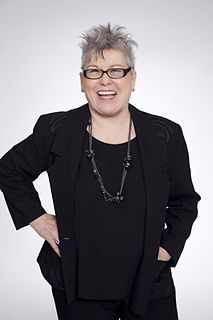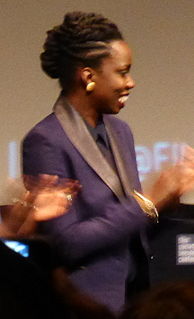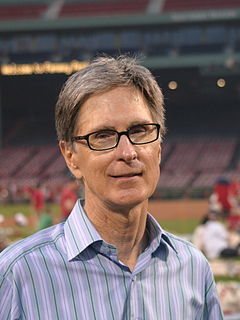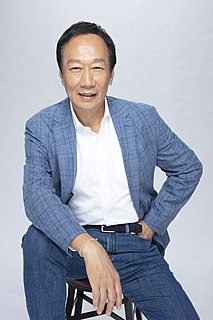A Quote by Betty Dodson
I'm fully aware had I stayed with my art, I would be well known, respected and most likely rich.
Related Quotes
I am not naive, and I do realize that racism is alive and well in the United States of America. I am also fully aware that when segregation ended, we didn't all live happily ever after. No one can convince me, however, that life in America would be better if blacks and whites had stayed separate and unequal.
I graduated in June 1948 and then went in the fall to the art school. I stayed with my cousins on Seventeenth Street in the beginning, and later had my own apartment very near there and was able to walk to the Art Institute on Elmwood Avenue. The school had a faculty of local artists - Jeanette and Robert Blair, James Vullo who were well known in the area. It was a school that I think thrived on returning GIs, as many schools did at that time. It was a very informal program - but it was professional.
I said I didn't think it would be a collectivist state so much as a wilderness in which most people lived hand to mouth, and the rich would live like princes - better than the rich had ever lived, except that their lives would constantly be in danger from the hungry predatory poor. All the technology would serve the rich, but they would need it for their own protection and to assure their continued prosperity.
What each of us longs for the most is to be both fully known and fully loved. Miraculously, God feels the same way about us. God, too, wants to be fully known and fully loved. God wants this so much that He has promised to knock down every obstacle in the way, enduring even His own death, to be with us, to consummate this love.
... as recently as the mid-1970s, the most well-respected criminologists were predicting that the prison system would soon fade away. Prison did not deter crime significantly, many experts concluded. Those who had meaningful economic and social opportunities were unlikely to commit crimes regardless of the penalty, while those who went to prison were far more likely to commit crimes again in the future.
To me that really would be the essence of kindness, to have one's awareness so developed and refined that you could tell just what was needed, and not do any more or any less, and maybe not even be aware of what you had done, except it would be a helpful thing because of how fully present you were. Well, as Aerosmith once famously said: Dream on.
Most artists, or at least most of the ones I know, deny having a philosophical outlook that they try to translate into their works. Some had thought of the work of Cezanne and others as being a 'painted epistemology.' But Cezanne himself denied this and Daniel-Henri Kahnwiler, the art critic and art dealer, insisted that none of the many painters he had known had a philosophical culture.




































